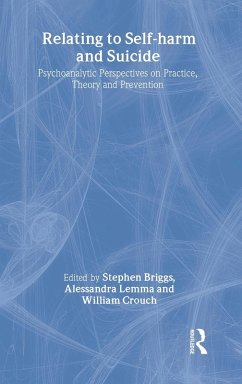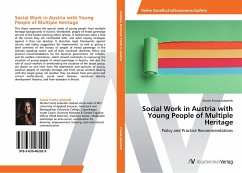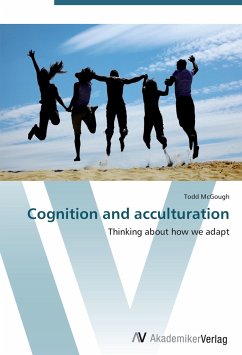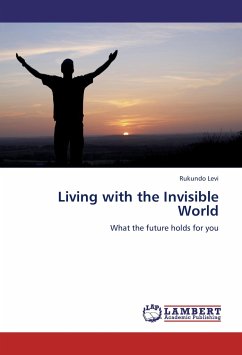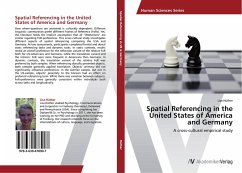
Spatial Referencing in the United States of America and Germany
A cross-cultural empirical study
Versandkostenfrei!
Versandfertig in 6-10 Tagen
34,99 €
inkl. MwSt.

PAYBACK Punkte
17 °P sammeln!
How where-questions are answered is culturally dependent: Different linguistic communities prefer different Frames of Reference (FoRs). Yet, the literature holds the implicit assumption that all Westerners are similar regarding FoR-preferences. This cross-cultural study investigates different aspects of spatial referencing comparing the USA and Germany. At two assessments, participants completed frontal and dorsal static referencing tasks and dynamic tasks. In static contexts, results reveal an overall preference for the reflection variant of the relative FoR both for US-Americans and Germans,...
How where-questions are answered is culturally dependent: Different linguistic communities prefer different Frames of Reference (FoRs). Yet, the literature holds the implicit assumption that all Westerners are similar regarding FoR-preferences. This cross-cultural study investigates different aspects of spatial referencing comparing the USA and Germany. At two assessments, participants completed frontal and dorsal static referencing tasks and dynamic tasks. In static contexts, results reveal an overall preference for the reflection variant of the relative FoR both for US-Americans and Germans, while the translation variant and the intrinsic FoR were more frequent in Americans than Germans. In dynamic contexts, the translation variant of the relative FoR was preferred by both samples. When referencing dorsally presented objects, both samples generally applied translation. Objects animacy did not significantly influence preferences. In the German sample, but not in the US-sample, objects proximity to the horizon had an effect on preferred referencing term. While there was variation between subjects, FoR-preferences were generally consistent within individuals both across tasks and longitudinally.




